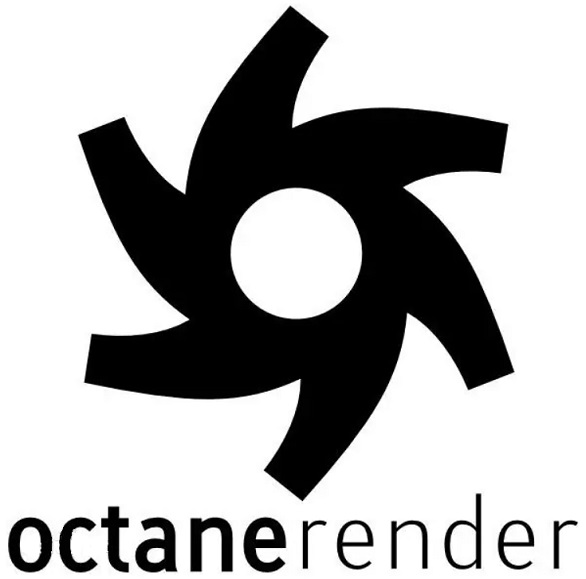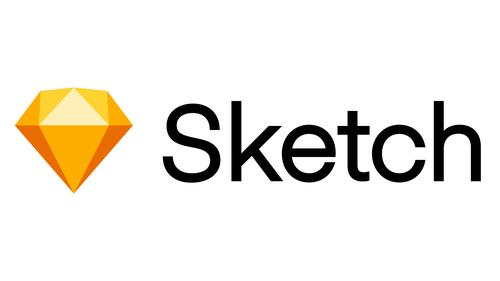Recently, the international authoritative organization Gartner released the "Hype Cycle for Cybersecurity in China 2025" report. The report provides an in-depth analysis of the current status and trends of 20 key security technologies in the Chinese market.
Thanks to its profound accumulation and forward-looking layout in the field of digital identity security, Paila Software has successfully been selected as a representative supplier (Sample Vendor) in three key areas: AI Gateway, IoT Authentication, and Zero Trust Network Access (ZTNA).

The report clearly states that the current focus of cybersecurity has shifted towards "protecting artificial intelligence, driving business transformation, and enhancing organizational resilience". Faced with an increasingly complex threat environment and technological iteration, enterprise CIOs and security teams urgently need to identify truly practical and high-value security technologies and practices.
This report is an important reference for enterprises to select security technologies in the Chinese market.
01. AI Gateway: The "helmsman of security and cost" to ride the wave of AI scaling
Chinese companies are transitioning from experimenting with AI models to large-scale production deployment. During this process, two core issues emerged: unpredictable API call costs and uncontrollable content security and data privacy risks.
Gartner pointed out that this dual pressure has given rise to a rigid demand for centralized control, driving AI gateway technology into the "Innovation Trigger" stage in China, with a particularly strong market demand for visual operation and control functions.
Gartner states that as a key hub for managing and protecting enterprise access to AI service providers such as various large language models (LLMs), AI gateways have a core value in providing data leakage prevention (DLP), multi LLM intelligent routing, cost visualization, content security filtering, and data privacy scanning capabilities. They serve as the "gatekeepers" for enterprises to standardize, secure, and comply with the use of AI.
In the Chinese market, AI gateways are particularly significant as tools to meet increasingly stringent AI regulatory compliance requirements.
The Paila Software AI Gateway was developed in this context, based on Paila's mature API gateway products. Through deep integration with existing business systems and various language models of the enterprise, it provides unified access and management capabilities across systems and protocols.

Its core value lies in:
Unified access and intelligent governance: multi model adaptation, centralized API key management, intelligent routing and load balancing.
Fine cost control: API call rate limit, token quota management, real-time usage cost tracking and analysis.
Intelligent scheduling and performance optimization: dynamic routing, vector index caching, balancing performance and cost, ensuring service continuity and robustness.
Security and compliance assurance: sensitive content filtering, privacy data scanning, comprehensive access logs and audits.
Global interaction control: effectively covering the three key interaction scenarios of "application model", "traditional application GenAI application", and "GenAI application", achieving secure, controllable, and observable AI application implementation.
02. Internet of Things (IoT) authentication: the cornerstone of identity security in the era of the Internet of Things
The booming development of Industry 4.0, smart cars, and smart homes is driving a massive number of smart devices to connect to the network. However, weak authentication or lack of device identity has become a weak link for attackers to invade the physical world (such as critical infrastructure) or steal sensitive data.
Gartner emphasizes that establishing a robust device identity recognition and verification mechanism is the core of addressing this risk and the cornerstone of building a robust IoT security system and minimizing risks.
As a digital identity security leader deeply involved in the manufacturing industry, especially the automotive industry, Paila Software has expanded its identity management capabilities from "people" (employees, partners, users) to "things" (robots, IoT devices) and even "virtual employees" (AI agents) through deep cooperation with leading domestic car companies. The core advantages of the Paila IoT authentication solution are:
Device Lifecycle Identity Management: Automated discovery, registration, and classification of IoT devices, defining differentiated security policies.
Strong authentication and dynamic trust: Based on digital certificates, security modules, etc., implement device strong identity, and combine device context (location, status, network) for dynamic risk assessment and authentication reinforcement.
Unified identity governance platform: Incorporate device identity into the enterprise's unified "global identity" (covering people, things, AI) governance framework, achieving consistent policies, efficient management, and visible risks.
03. Zero Trust Network Access (ZTNA): The "New Security Paradigm" for Remote Work
The traditional VPN's extensive trust model based on network location is no longer able to cope with advanced threats and complex mixed office needs. Gartner points out that in the Chinese market, ZTNA is accelerating the replacement of traditional VPNs.
By creating adaptive user resource segmentation (i.e., "virtual boundaries") based on minimum privilege logic, enterprise infrastructure is obfuscated, the attack surface is effectively reduced, and security is provided for remote access under increasingly stringent compliance requirements such as data security laws.
Compared to static VPNs, ZTNA provides more dynamic and refined access control, enhancing security while optimizing user experience and access flexibility.
As a security vendor that has been deeply involved in "digital identity security" for 17 years, Paila Software has been the first in China to propose and implement a "identity first" zero trust architecture.

Its integrated zero trust solution deeply integrates cloud native technology, integrating SDP (Software Defined Boundaries), enhanced IAM, API security, UEBA (User Entity Behavior Analysis), data access control, and AI capabilities to build end-to-end security protection:
Identity centric: Using identity (person/device/application) as the cornerstone of access control to achieve fine-grained authorization.
Dynamic access control: dynamically adjust access permissions based on continuous risk assessment (device status, user behavior, context).
Unified security closed loop: Breaking single point protection, achieving collaborative linkage of network stealth, identity security, data protection, and behavior monitoring.
Emphasize both experience and security: While providing strong security guarantees, ensure smooth access experience for legitimate users and safeguard the digital transformation of enterprises.
04. Security is Future Competitiveness: Continuously Focusing on "Digital Identity Security"
This time, Parra Software has once again been selected as one of Gartner's three representative suppliers in the forefront of security, which confirms Parra Software's continuous innovation and deep practice in the field of digital identity security. The explosion of AI, the popularization of IoT, and the normalization of hybrid office are reshaping the boundaries and core of enterprise security.
In the future, Paila Software will continue to deeply cultivate the main channel of "digital identity security", committed to providing enterprise customers with smarter, more integrated, and more resilient security solutions, helping enterprises cope with more complex network security environments, and assisting more enterprises and organizations in achieving digital transformation.









